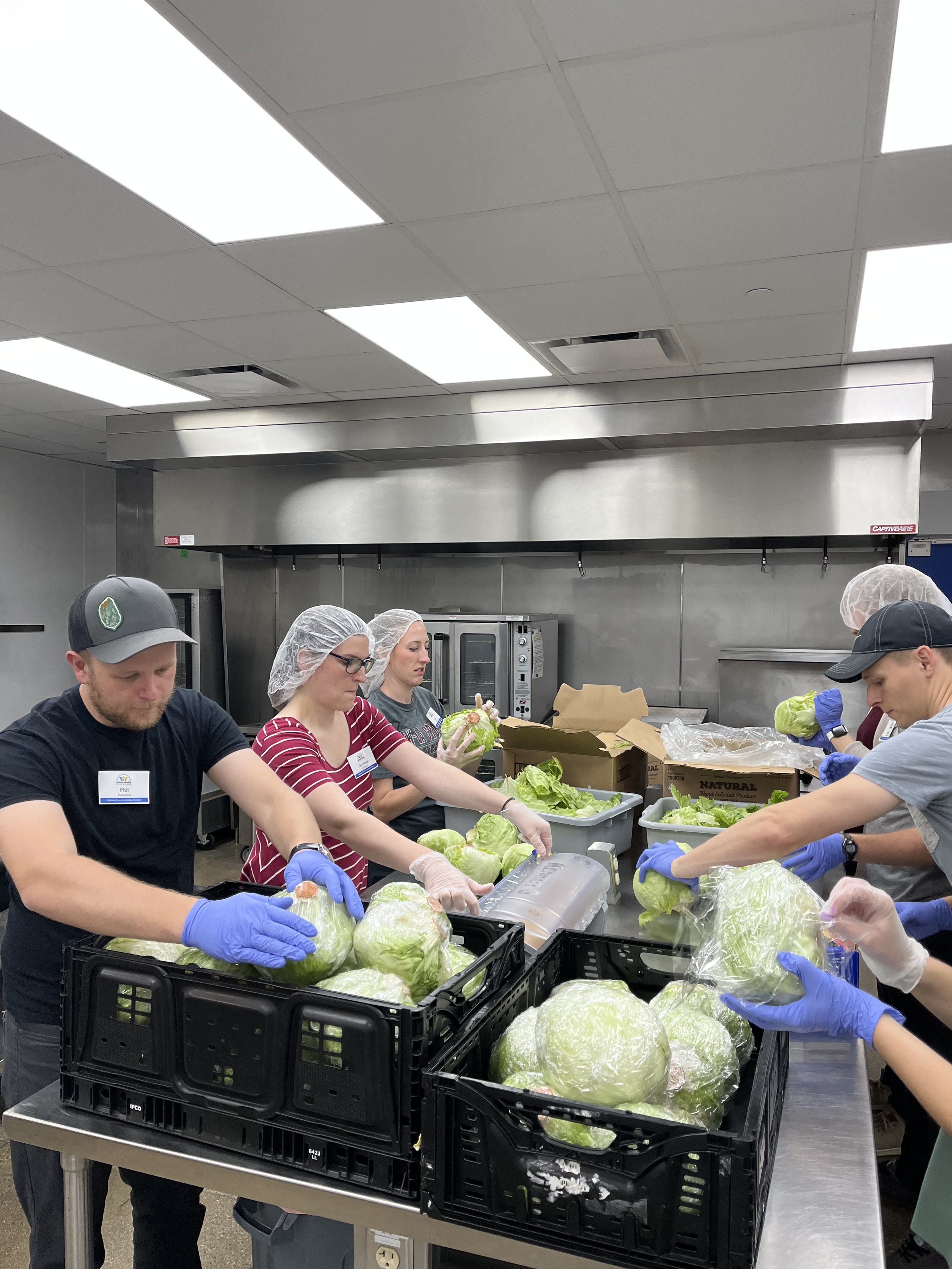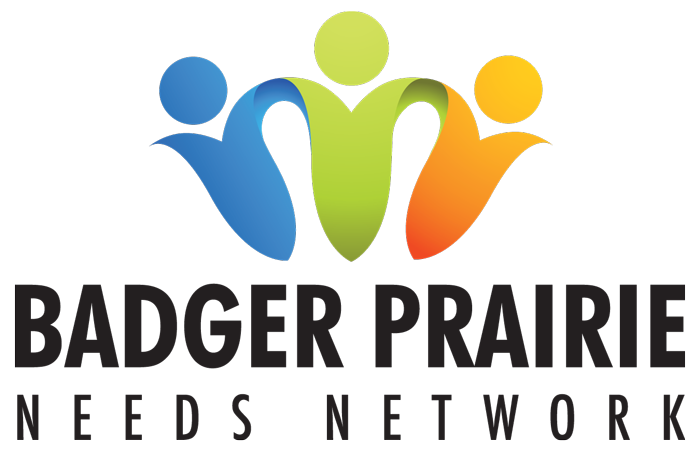
FEED THE COMMUNITY, PROTECT THE EARTH
Our mission is zero waste. We can feed thousands of people by diverting food destined for the landfill. We partner with local farmers, retailers and businesses to keep 50 tons of food out of the landfill each year. We recover perishable and non-perishable food that was prepared for the public but never served and distribute it to the greatest number of people.
With our commercial-grade Prairie Kitchen, we have built the infrastructure necessary to provide local businesses with an efficient, safe, and reliable system to donate quality food. Current partners include the Community Action Coalition, Second Harvest Foodbank, Epic Systems, Exact Sciences, Promega, Festival Foods, Costco, Placon, Dane County, CUNA Mutual Group, and Feeding Wisconsin.
Kitchen to Table Food Recovery Program
Are you a commercial food services organization interested in donating surplus prepared food through Kitchen to Table? We are always growing our operation to include more businesses. Call Prairie Kitchen Director at 608-848-2499 or email info@bpnn.org for more information and to schedule a tour of the Prairie Kitchen.
Who can participate?
Licensed restaurants, caterers, corporate dining rooms, hotels, and other food establishments can donate prepared foods and meal ingredients to us. Bulk-packaged prepared foods can also be repackaged in our Prairie Kitchen for distribution.
Where Does Recovered Food Go?
Recovered food helps feed members of our community who are food insecure. We distribute it through our food pantry or share with other area pantries, senior centers, and groups helping feed Madison's homeless populations. We use recovered food to provide a free hot meal on Saturdays when school lunches and senior meal programs are not available. Because we have an animal feed license, food items that we cannot distribute for human consumption are donated to local farmers to feed livestock. What's left goes to a local composter.
Partner with Badger Prairie Needs Network
Advantages of Donating
Reduce your company’s disposal costs
Cut your company’s waste
Increase your company’s visibility and reputation
Improve company culture by helping others
Receive tax deductions for the value of the food donated*
And, of course, help reduce hunger throughout our community
*There are potential tax benefits for companies that donate food. Harvard University's Food Law and Policy Clinic has published a guide to help your tax preparer assess your eligibility.
Food Recovery – Tax Deduction Guide (pdf)

Food Waste in the US is…
EXCESSIVE
80 Million Tons
of food is wasted in the United States.
That equates to 38% of all food produced
in this country.
EXPENSIVE
$444 billion
in food thrown away each year
HARMFUL
Food waste accounts for
20%
of all landfill space and produces greenhouse gas 84x more harmful than CO2
Volunteer!
A dozen or so volunteers pull on hair nets and plastic gloves to move vats of soup, pans of prepared food, and thousands of pounds of bulk food through a repackaging assembly line. This is the Kitchen to Table program, and it takes many hands to make it move. It’s a great opportunity for larger groups to volunteer together! There are a variety of weekly shifts available to fit your schedule.
Kitchen to Table in the News
The Capital Times: Verona pantry redirects wasted food to worthy sources, from soup to nuts ⟶
What is the Bill Emerson Good Samaritan Food Donation Act?
Corporate donors are protected from liability under the Bill Emerson Good Samaritan Food Donation Act (pdf). Under this Act, as long as the donor has not acted with negligence or intentional misconduct, the company is not liable for damage incurred as the result of illness. Learn more from Food Recovery – a legal guide (pdf).
What Are the Regulations for Handling Food?
Each donor must follow strict food-handling standards to ensure the food we distribute is safe and of the best possible quality. Regulations include:
Minimizing hand contact
Avoiding cross-contamination
Properly labeling and dating items
Food items may not be thawed and then refrozen
For safe and rapid cooling, food should be packaged into shallow containers and transferred directly to a refrigerator or freezer
Maintaining appropriate temperatures for food storage













